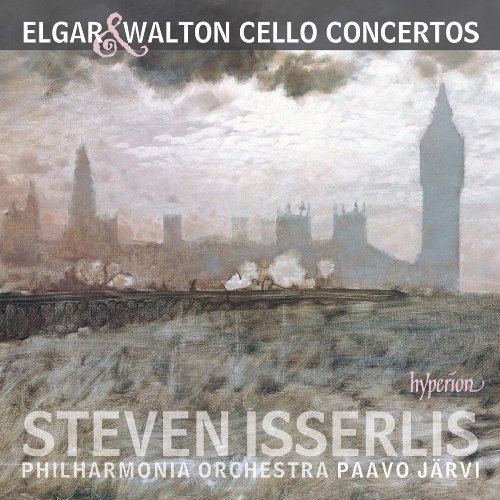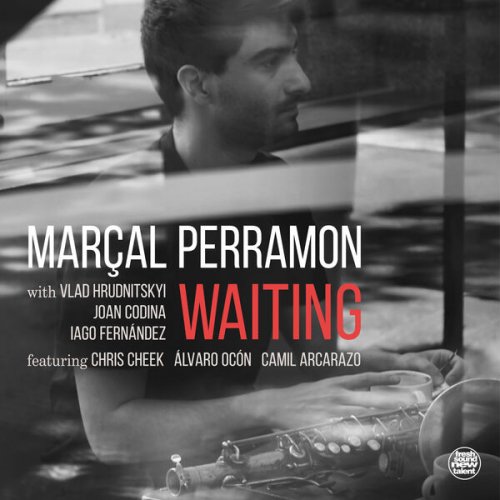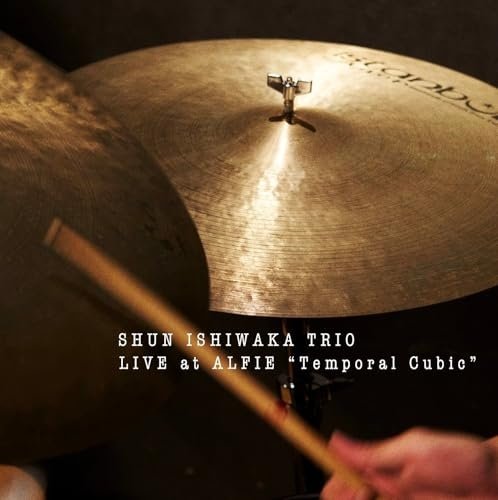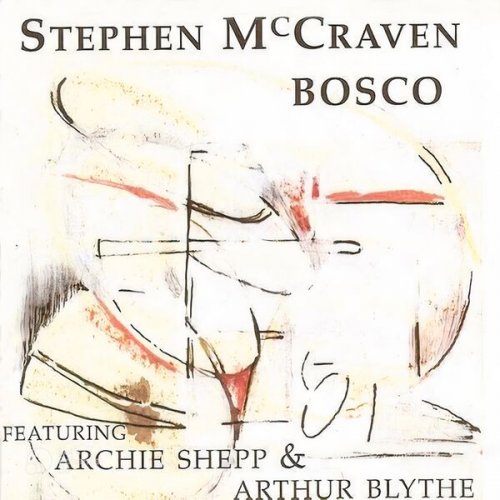Steven Isserlis, Philharmonia Orchestra, Paavo Järvi - Elgar & Walton: Cello Concertos (2016) CD-Rip

Artist: Steven Isserlis, Philharmonia Orchestra, Paavo Järvi
Title: Elgar & Walton: Cello Concertos
Year Of Release: 2016
Label: Hyperion
Genre: Classical
Quality: FLAC (image+.cue,log,scans)
Total Time: 73:01
Total Size: 307 Mb
WebSite: Album Preview
Tracklist: Title: Elgar & Walton: Cello Concertos
Year Of Release: 2016
Label: Hyperion
Genre: Classical
Quality: FLAC (image+.cue,log,scans)
Total Time: 73:01
Total Size: 307 Mb
WebSite: Album Preview
Edward Elgar (1857-1934)
[1]-[4] Cello Concerto in E minor, Op.85 (1918-19)
Gustav Holst (1874-1934)
[5] Invocation, H 75 Op.19 No.2 (1911)
William Walton (1902-1983)
[6]-[8] Cello Concerto (1956)
Imogen Holst (1907-1984)
[9]-[13] The Fall of the Leaf (1963) solo cello
Performers:
Steven Isserlis, cello
Philharmonia Orchestra
Paavo Järvi, conductor
For this 2016 Hyperion release, cellist Steven Isserlis and the Philharmonia Orchestra under Paavo Järvi present a moving album of cello concertos by Edward Elgar and William Walton, along with Gustav Holst's Invocation and Imogen Holst's The Fall of the Leaf, a five-movement suite for solo cello. The program creates a profoundly pensive and even autumnal feeling, and Isserlis' tone is by turns reflective, lyrical, and poignantly elegiac, appropriate to the selections. The melancholy nostalgia of Elgar's Cello Concerto in E minor colors the album's mood from the outset, and notwithstanding passages of intense virtuosity, the rich but subdued sonorities of his burnished orchestration contribute to its brooding quality. Walton's Cello Concerto is also darkly hued and moody, with an ambiguous character that alternates between post-Romantic yearning and a sardonic edginess that gives it a modern character. Gustav Holst's Invocation is a sweet reverie in a single movement, which starts softly but swells to an impassioned climax, while Imogen Holst's suite offers short, gnomic miniatures that are fragile and fleeting. Hyperion places Isserlis front and center, so every nuance is easily detected, and the sound of the cello is full and warm.


![Betty Carter - The Music Never Stops (2019) [Hi-Res] Betty Carter - The Music Never Stops (2019) [Hi-Res]](https://www.dibpic.com/uploads/posts/2025-12/1765896843_bcmn500.jpg)

![Sibel Köse Septet - In Good Company (2025) [Hi-Res] Sibel Köse Septet - In Good Company (2025) [Hi-Res]](https://www.dibpic.com/uploads/posts/2025-12/1765846644_uizwujac4ht2d_600.jpg)
![Tom Cohen - Embraceable Brazil (2025) [Hi-Res] Tom Cohen - Embraceable Brazil (2025) [Hi-Res]](https://img.israbox.com/img/2025-12/18/vgt0kbsml69jbixcu67jkruae.jpg)


